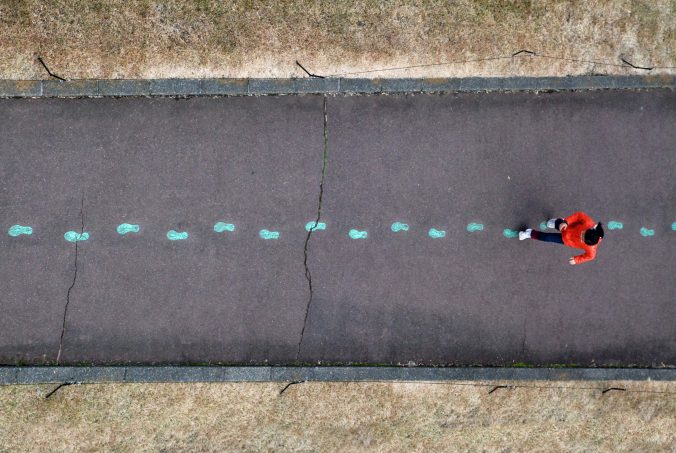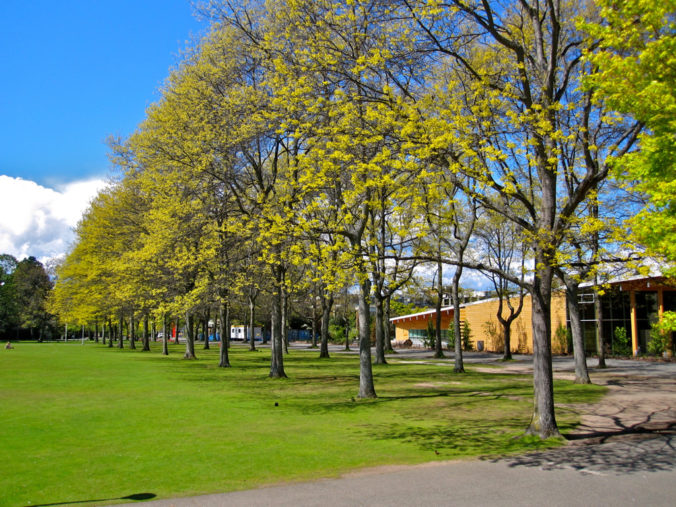Experiential Learning
Experiential learning is a tactic that gives the learner the opportunity to engage in what they are learning and then reflect on that experience (Carleton, 2017). The idea is to connect academic learning, to real-life experiences, to show learners how to apply their education. Learners need to have an active role and high engagement in their learning for this method to be successful. Because the learning is so active, students will often rely on prior learning to build on if they have knowledge in their repertoire that has a similar “feel”. To make experiential learning effective, the learner must reflect on their experience.
Why is experiential learning important? (Carleton, 2017)
- It makes learning relatable, as students make connections between their old and new knowledge
- It links taught theory to applied practice
- Increases student engagement and encourages collaboration
- Assists in memory retention, as learners link thought processes and feelings
- Increases effectiveness of learning
- Leads to development of learning skills
Learning cycle
A popular method of experiential learning is Kolb’s model (Carleton, 2017).
- Concrete Experience: The learner tries a new experience, or takes part in an activity similar to a previous experience they have had.
- Reflective observation: The learner reflects on their learning experience. They should be looking for any inconsistencies between their understanding of the theory and the experience.
- Abstract Conceptualisation: The learner creates a new concept, or reforms a previous experience to positively alter it.
- Active Experimentation: The learner then applies their learning to new, different experiences. Then the cycle repeats.
Necessary components (McGill, 2017)
To consider an experience effective experiential learning, there must be a few elements present:
- A thorough reflection of what they learned
- Emotional investment to facilitate a higher engagement
- Absence of excessive judgment for safe, self-discovery
- Engagement in purposeful endeavours
- A mixture of theory/content and process
- High learner responsibility
My project
My project will include elements of experiential learning. One of the major themes throughout the lesson will be on how much control one has over their happiness levels. If one changes their internal perspective, they can become happier, without changing their external circumstances. A gratitude practice can enhance one’s levels of happiness in a few moments. To incorporate experiential learning into our lesson, we will begin by teaching the theory behind gratitude’s impact on happiness. Then, we will give students an opportunity to practice gratitude. Following that, we will ask them to reflect on how that made them feel, and if their happiness changed. They could then use this experience as a reference to use when trying other happiness changing tactics.
References
Carleton University. (2017, March 24). What is experiential education? Carleton University – Canada’s Capital University. https://carleton.ca/experientialeducation/what-is-experiential-education/
Carleton University. (2017, May 18). Experiential learning cycle model. Carleton University – Canada’s Capital University. https://carleton.ca/experientialeducation/what-is-experiential-education/experiential-learning-cycle-model/
Carleton University. (2017, May 23). Why experiential learning is important. Carleton University – Canada’s Capital University. https://carleton.ca/experientialeducation/why-experiential-learning-is-important/
McGill University. (2015). Best Practices in Experiential Learning. https://www.mcgill.ca/eln/files/eln/doc_ryerson_bestpracticesryerson.pdf


Recent Comments